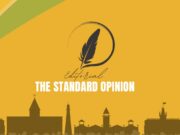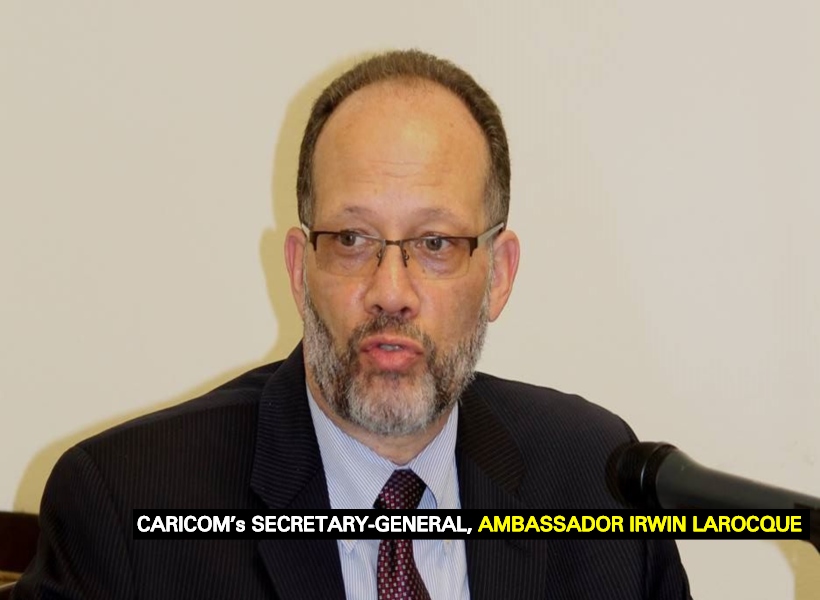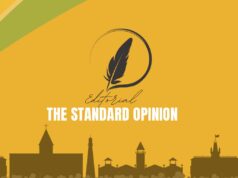Measures taken by governments, particularly in the Caribbean to contain the spread of the novel coronavirus have had a devastating effect on the agricultural market. In fact, CARICOM Secretary-General, Irwin LaRocque, recently noted that the pandemic has brought about an unprecedented shock to the Region’s agri-food system, while noting that circumstances now dictate a greater emphasis on building capacity towards greater self-sufficiency in the agri-food sector. He said that this reality is even more urgent, given the onset of the annual hurricane season which is forecast to bring several severe storms to the Region.
While the foregoing circumstances may seem daunting at this time, LaRocque is of the belief that the crisis presents a unique opportunity for the Caribbean to build resilience and enhance food security. The Secretary-General said, “We must take actions that would ensure that we produce the food supplies to sustain our Region, along with the necessary capacity to distribute such supplies. It is our chance to reach for the goal of reducing our food import bill by 25 percent within the next five years.”
Towards this end, the General-Secretary said that the regional private sector has been working with governments to devise strategies to build resilience and enhance food security. Expounding further, he said that dialogue has been initiated at the highest level. He said, “Our Heads of Government along with the CARICOM Private Sector Organization (CPSO) has submitted a plan for increasing investment in the agri-food sector in order to reduce the food import bill. The CPSO is also part of the Regional COVID-19 Food Security Task Force, which includes representation from Member States and Regional Institutions…”
The Guyana Standard understands that the plan outlines interventions to be undertaken by Member States and regional organizations to treat with the immediate agri-food supply needs arising from the fallout of the COVID-19 pandemic, and to strengthen the Region’s food and nutrition security in the ensuing years. The plan also has the full endorsement of CARICOM Heads of Government. Hemispheric Ministers of Agriculture have also agreed to support the Region in this regard.
Among the immediate actions included in the Plan are: the creation of a trade and information portal for Member States and the private sector to access information with the aim of linking excess production with food deficits throughout the Region; intervention by the Caribbean Agricultural Health and Food Safety Agency (CAHFSA) and national Agricultural Health and Food Safety (AHFS) authorities in implementing measures and protocols to facilitate intra-regional agri-food trade; and promoting the availability of relevant planting material, agricultural inputs and livestock feeds.
This news agency understands that implementation will be under the leadership of the COVID-19 Food Security Taskforce, which is chaired by Saboto Caesar, the Minister of Agriculture of St. Vincent and the Grenadines.













